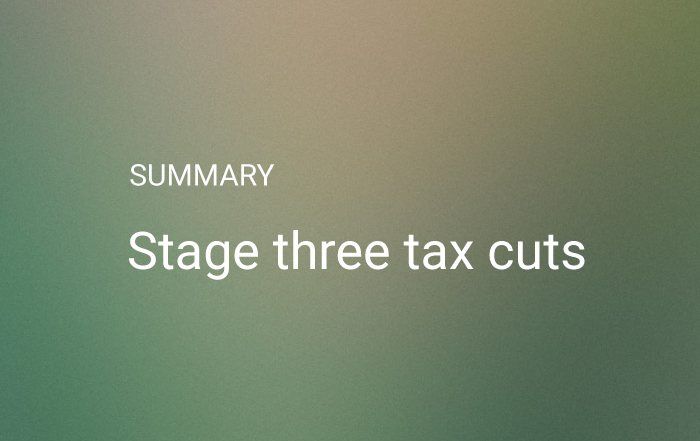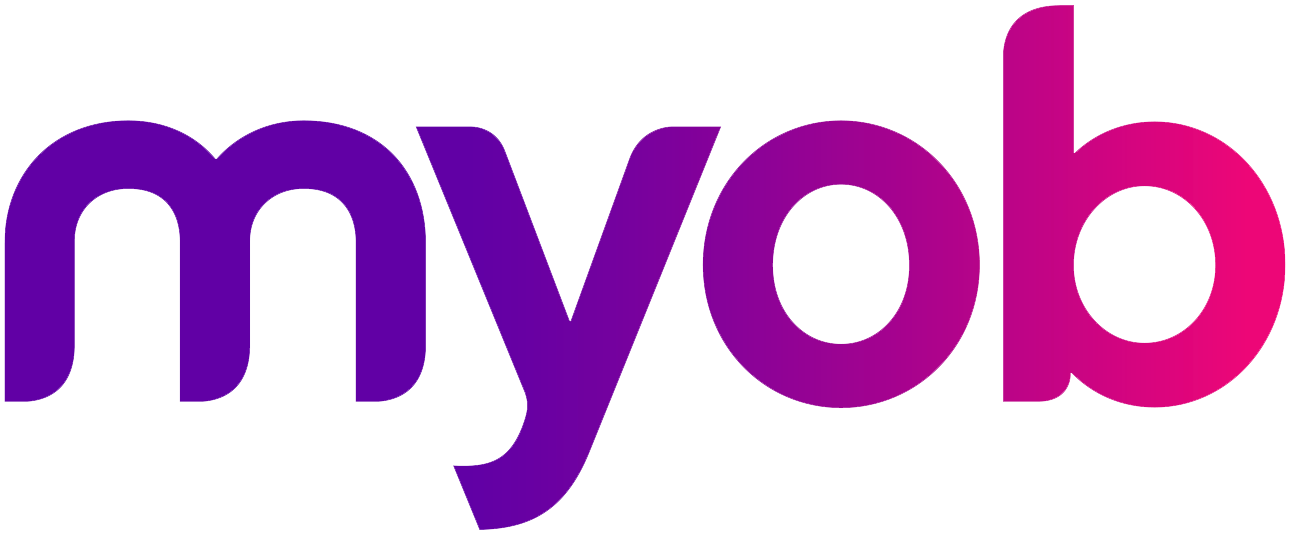
DFK Gooding Partners
April 3, 2023
Associate Partner
B Com, CA
Ben has been with DFK Gooding Partners since 2008. He commenced with the firm as a Graduate Accountant and has since gone on to become a Chartered Accountant, now overseeing a small team as a Senior Manager within the Accounting and Business Services division.
Ben manages a portfolio of clients across various industries such as
- Transport & logistics;
- Professional Services;
- Property Development; and
- High Net Worth Individuals.
As a Senior Manager, Ben enjoys working closely with his clients to assist in meeting their goals and ambitions for their businesses with a strong focus on proactive strategies, budgeting and cash flows, whilst ensuring compliance requirements are met.
In his spare time, Ben enjoys spending time at the beach, surfing, swimming as well as a round of golf with friends.
For those exceeding the $3m superannuation threshold, the Government has recently announced the available tax concessions for this cohort will be reduced. The change brings the headline tax rate on superannuation earnings corresponding to the proportion of the balance greater than $3 million to 30 per cent. If this applies to you, or you are appoaching the $3m threshold, read on for our analysis.
What is the change?
Off the back of the Governments proposed legislating of the ‘Objective of Super’ (read about it here) in which one of the key components is equality, the Government has now proposed a $3 million soft cap for superannuation. This proposal is that from 1 July 2025, individuals with a total super balance (TSB) above $3 million dollars will be subject to an additional 15% tax on earnings.
Who does this affect?
The additional tax will affect everybody who has a TSB above $3m at the end of the financial year, including those with balances in self-managed superannuation fund, retail and industry funds.
How it works – calculating earnings and additional tax
Earnings are calculated with reference to the difference in an individuals TSB at the start and end of the financial year, with adjustments made for withdrawals and contributions.
The proportion of earning which relates to the individual balance above $3m is then calculated and then 15% tax is applied.
The following has been taken from the Treasury fact sheet which can be accessed here.

If an individual makes an earnings loss in a financial year, this can be carried forward to reduce the tax liability in future years.
After lodgement of your superannuation funds annual return, the ATO will issue you a notice of assessment detailing the additional tax payable. Individuals will have a choice to pay the tax personally or release the amount from their superannuation fund.
It is expected that the first notice of assessment for the additional tax will be issued in the 2026-27 financial year.
DFK Gooding Partners comment
- The new reduction in concessions does not impose a limit on the size of super account balances in the accumulation phase, and only applies to future earnings – it is not retrospective.
- The government will shortly be introducing enabling legislation, and has committed to undertaking further consultation with the superannuation industry regarding the implementation of the new measure.
- We currently have a system that taxes growth on assets only when the gain is realised. This new proposal appears to be out of step with that and raises the question of what’s next?
Can we assist with your superannuation tax planning?
info@dfkgpca.com.au / (08) 9327 1777









